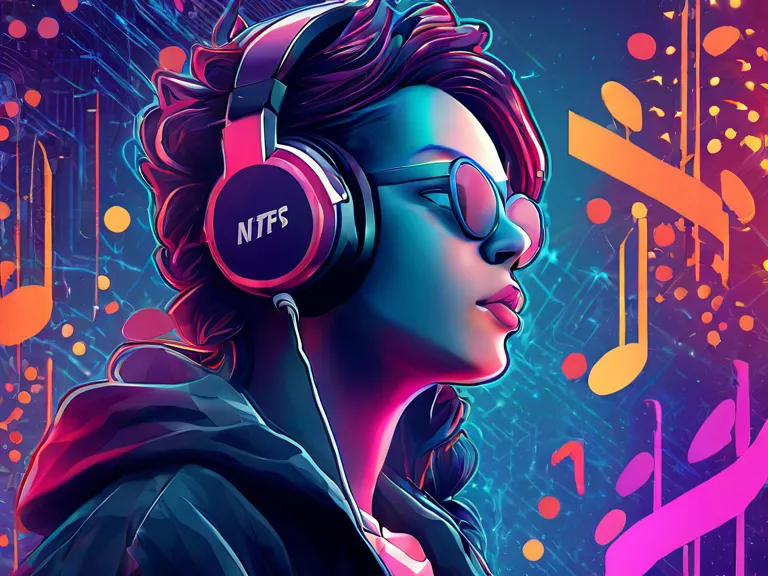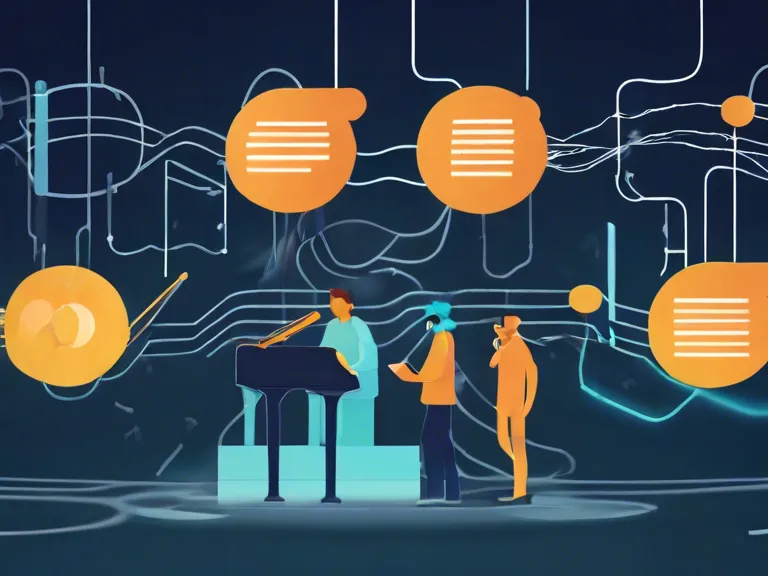
Music NFTs: Exploring the Intersection of Blockchain and Digital Artistry
In recent years, the world of digital art has seen a significant shift towards the use of blockchain technology, with the rise of non-fungible tokens (NFTs) revolutionizing the way artists create, sell, and collect their work. While NFTs have gained widespread popularity in the visual art world, the music industry is also beginning to embrace this innovative technology as a means of unlocking new possibilities for artists and fans alike.
Blockchain technology enables musicians to create unique digital assets, such as unreleased tracks, exclusive live recordings, or even concert tickets, and tokenize them as NFTs. By doing so, artists can establish provenance and ownership of their work, as well as create new revenue streams by selling these tokens to collectors. Fans, in turn, can purchase these NFTs as a way to support their favorite artists, own a piece of music history, and potentially even profit from future resales.
Additionally, NFTs have the potential to revolutionize the way music royalties are managed and distributed. Smart contracts embedded in NFTs can automate royalty payments, ensuring that artists receive a fair share of revenue every time their music is played, streamed, or sold. This transparent and efficient system not only benefits artists but also enhances trust and accountability within the music industry.
Furthermore, the intersection of blockchain and digital artistry opens up new opportunities for creativity and collaboration. Musicians can collaborate with visual artists, videographers, and other creatives to create multimedia NFTs that offer a more immersive and interactive experience for fans. These multidisciplinary projects not only showcase the diversity of talent within the music industry but also push the boundaries of what is possible in the digital art space.
As the music industry continues to evolve, NFTs have the potential to revolutionize the way artists connect with fans, monetize their work, and shape the future of music. By harnessing the power of blockchain technology, musicians can unlock new avenues for creativity, collaboration, and innovation, paving the way for a more decentralized and inclusive music ecosystem.

